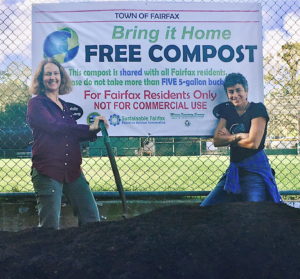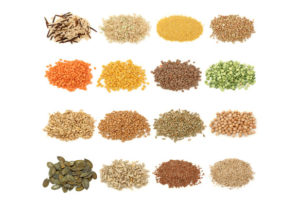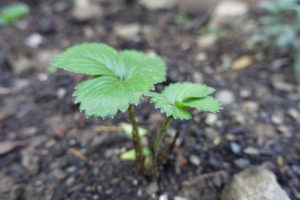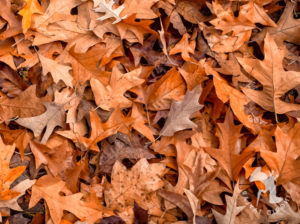Sustainable Garden
Support the California Seed Exchange Democracy Act!
- Appropriately redefine “sell” in the California Food and Agriculture Code so that noncommercial seed sharing does not fall within the scope of the California Seed Law.
- Declare the California Seed Law’s intent to regulate commercial seed sales, not non commercial seed sharing.
- Promote seed sharing and equitable access to healthy food by removing burdensome labeling, testing and registration requirements for in-state non commercial seed sharing.
- Promote seed micro-enterprises by reducing testing requirements for anyone who grows and sells untreated, uncertified, non-proprietary seed in California and earns $5,000 or less in gross seed sales revenue.
For more information on how to support the bill visit http://www.theselc.org/seed_
Garden Tips for January
It’s bare-root season! Plant-bare root fruit trees, roses, berry vines, etc. Some nurseries will prune the tree for you before you take it home.
Start vegetables indoors: Broccoli, cabbage (early varieties), cauliflower, celery, kale, Romaine lettuce, peas, artichoke, chard, leeks, rhubarb, spinach.
Garden upkeep: Prune fruit trees and roses, Cover frost-tender plants (Leave plants already damaged by frost alone. Prune blackened branches and leaves in April, when the true damage will be more apparent).
Take your living Christmas tree back outside If you plan on planting it in the ground, remember that most of them get very large. If your tree is going in the compost, Marin Sanitary Service is picking trees up at the curb through the month of January.
It is a great time to sheet mulch weedy areas or lawn that you want to convert to drought tolerant plantings. Find out more about sheet mulching here.
October Garden Tips
Plant native trees, shrubs, and perennials. Fall is the time to plant natives. The cooler weather lets plants transition with less stress, rain is more plentiful, and the warm soil encourages root growth for a head-start in Spring. Also, many of the native plant nurseries in our area have sales at this time of year!
Clean up foliage but put diseased leaves in the green bin. Your home compost pile may not get warm enough to kill harmful diseases at this time of year.
Divide your spring-blooming plants like irises, as well as ornamental grasses. Later bloomers that can also be divided include black-eyed Susans, geraniums, coneflowers, and yarrows.
Leave the dead stalks of purple coneflower, black-eyed Susans, sunflowers, and other plants whose seeds or berries feeds birds through the winter.
Create habitats for beneficial insects. In our area, we have to be careful not to let brush piles accumulate because of fire danger. Creating a habitat for beneficial insects will give helpers like spiders, solitary bees, and beneficial beetles like ladybugs a home for the winter.
Find instructions here:
Put your beds to bed! Any vegetable beds or unused plots can be protected over winter with mulching to help prevent erosion and weed growth, or with a living cover crop like winter peas (Pisum sativum), oats, vetch, and even fava beans. These plants improve soil biology, but should be mown or cut and either mulched in or added to your compost before they go to seed. Put your asparagus to bed with a layer of compost and a layer of straw or leaves to get them ready for a strong start in the spring.
Congratulations to the Sustainable Garden Team!
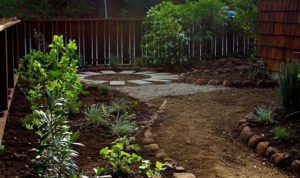
On August 6, Sustainable Fairfax Board members Jen Jones and Merrell Maschino, along with fellow gardener Christian Douglas of The Backyard Company, received certificates of appreciation from the Fairfax Town Council for the Sustainable Garden. Special thanks to the Backyard Company for their contribution to developing this beautiful drought-tolerant garden!
August Garden Tips
August is a tough month in the garden for our area. This far into the dry season, the extra heat can really be hard on tender plants. Even natives, if they’re not established, or are used to gentle coastal fogs, may need extra water at this time of the year. Stressed plants not only wither, but become more susceptible to pests and diseases. On hot days, citrus and other fruit trees may drop fruit if they do not receive enough water this month.
Make sure your trees and beds have a thick, water-retaining layer of mulch to regulate solid temperature and avoid damage from drought. Getting your garden chores out of the way early in the morning is a great way for you to avoid the excessive heat, too.
Tasks for August:
- Deadhead the flowers that you will not be keeping for seed.
- Prune berry vines when you have finished harvesting the fruit.
- Place ripening melons on inverted aluminum pie tins, tiles, or boards to keep them off the soil. This avoids damage from overnight dampness and vermin, and reduces insect damage. The aluminum reflects heat, which helps the fruit ripen.
- Prop up fruit-heavy tree branches so they won’t break.
- Shade greens from intense sun.
- Pick up fallen fruit so it won’t attract pests or breed disease.
- Set out winter-garden vegetables during the next months. Peas, beets and other root crops can be grown from seed.
- Fertilize your heavy feeders, like corn, cucumbers, squash, lettuce and onions, using an organic fertilizer. A dilute solution of fish fertilizer once a week works well.
- Harvest herbs for drying.

